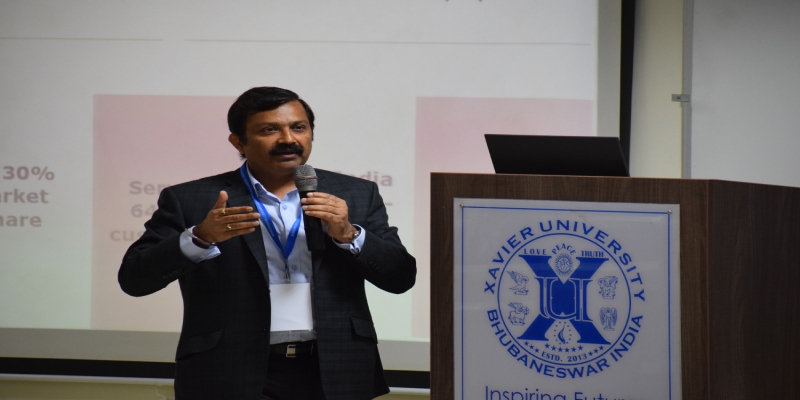The component of ULE is founded on the efficacy of experiential learning, and the importance of learning from the very people and communities they are expected to work with and for. ULE is expected to lead students to cultivate the process of un-learning and examining their own biases and prejudices about contexts, and providing opportunities to re-learn from the people and communities; this cycle would enable the students to develop fresh perspectives and the attitudes necessary to be a professional in their field. The students need to understand the struggle of the poor, the marginalized and the exploited to survive and to succeed in a rapidly changing socio-political and economic environment. The project(s), exercises and documentation to be done during ULE helps students challenge, learn the relevance and practical application of the classroom courses in the first two terms and further in the journey of life.
The ULE objectives are:
- To make students gain holistic experience about the developmental processes in a small town
- To understand functioning of an elected Municipal Council, including its organizational framework, financial conditions and services delivery mechanism
- To enable students to develop an analytical perspective about the complexities of horizontal and vertical coordination involved in the processes of urban development – i.e. the interface between the Municipal council and various other parastatal bodies, State and Central government agencies
- To help students understand how Municipal Council interact with citizens, work with the communities, voluntary organisations, neighbourhood welfare associations, and trade organisations
- To develop broad understanding about the economic base of the town and its backward-forward linkages with the surrounding regions and growth potentials.
- To develop broad understanding about the social and environmental condition of the town, including disaster preparedness and resilience against natural calamities
- Develop a definitive commitment for the welfare of people.
- Develop the Life Skills of the students

